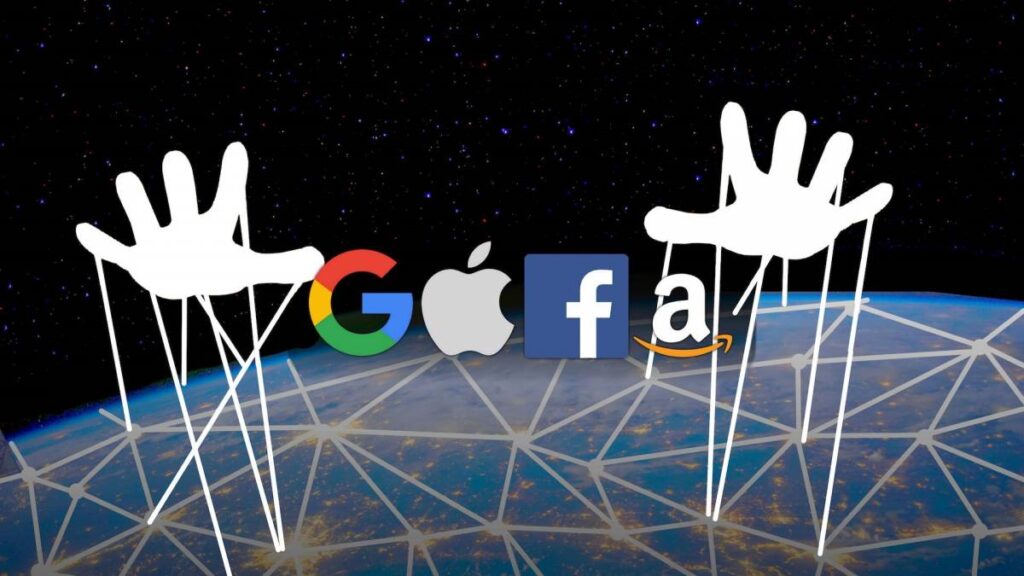DIGITAL LIFE

Wikipedia introduces generative artificial intelligence (AI) into its editing processes
Wikipedia has revealed that it is introducing generative artificial intelligence (AI) into its editing processes. The Wikimedia Foundation, which runs the encyclopedia, confirmed the move, explaining that the goal is to provide more support to the thousands of volunteers who create and update content on the platform.
From the beginning, the foundation has been keen to emphasize one point: AI will serve as an assistance tool, not a replacement for human work. The focus is on optimizing tasks such as research or translation, freeing up editors’ time to focus on fact-checking, article quality, and the editorial debate inherent in a collaborative encyclopedia.
Specifically, editors will rely on AI for tasks such as finding relevant context information for an article or translating text between different languages. The technology will also be used to facilitate the entry of new volunteers into the community, helping them navigate more technical aspects of editing.
This is not the first time that Wikipedia has turned to artificial intelligence. AI systems have already been used to detect page vandalism or assess the clarity of texts. The new technology is to bring these capabilities directly into the editor’s workflow, as an active assistant during content creation and review.
On Wikipedia, human control remains central...The Wikimedia Foundation has defined clear rules for this integration. All material suggested or generated by AI will have to be reviewed and validated by human editors before being published; nothing will be automatic.
This ensures that editorial decisions remain human, preserving the reliability and neutrality expected of Wikipedia.
The Foundation also indicates that it will give preference to open-source AI models and that it will maintain transparency about how these tools are used, reflecting the open and collaborative philosophy of the project.
The introduction of generative AI into Wikipedia appears to be a thoughtful step towards making the work of volunteer editors more efficient.
The technology is framed as an aid, always under human supervision, seeking to reinforce, not replace, the collaborative model that defines the free encyclopedia.
mundophone

No comments:
Post a Comment